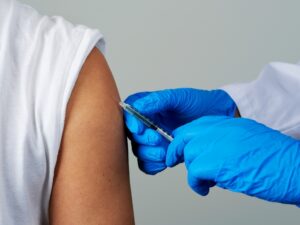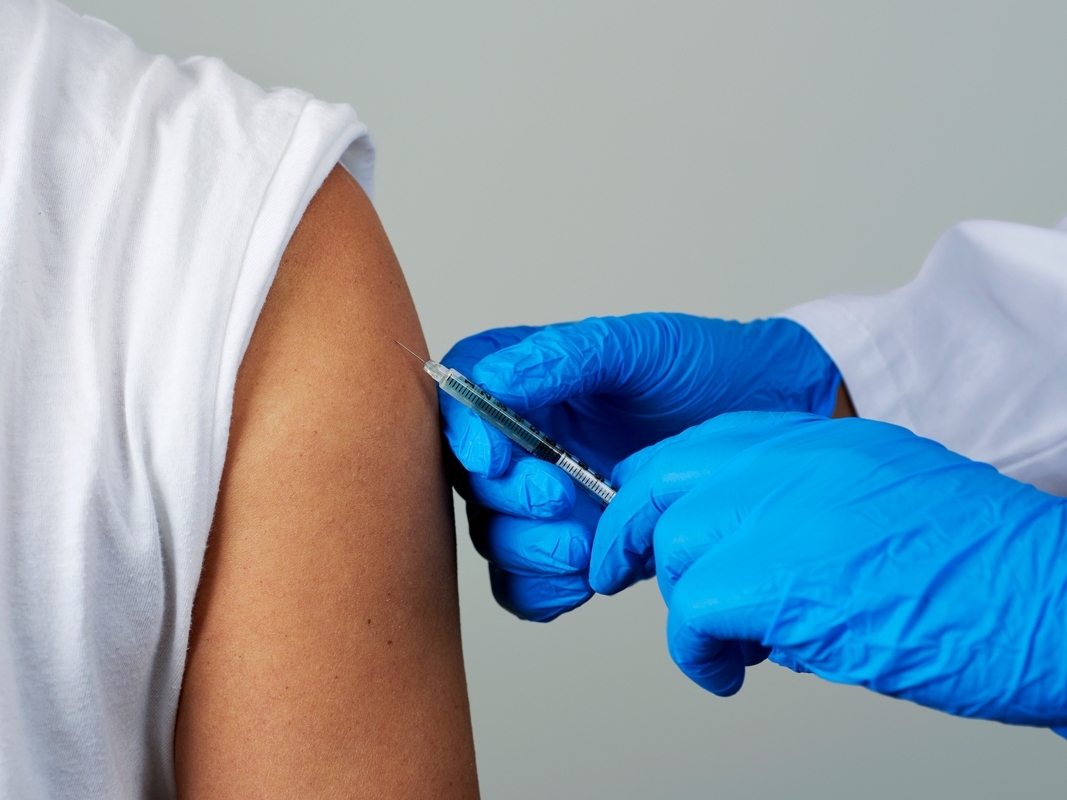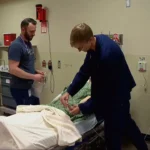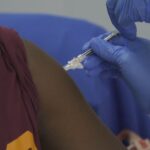The U.S. Department of Health and Human Services (HHS) recently announced a significant new initiative aimed at developing universal vaccines against influenza and coronaviruses. Simultaneously, separate statements from the agency have introduced potential changes to the testing and approval process for future annually updated seasonal COVID-19 vaccines, sparking debate among public health experts.

Push for Universal Vaccines
HHS launched the “Generation Gold Standard” initiative, setting an ambitious target to achieve a universal flu vaccine within four years. This vaccine is intended to offer protection against multiple strains, including those with pandemic potential like H5N1 avian influenza, a scientific goal that has remained elusive for decades.
The initiative also aims to develop universal coronavirus vaccines capable of protecting against the virus causing COVID-19 (SARS-CoV-2) as well as related coronaviruses like SARS-CoV-1 and MERS-CoV. The project, spearheaded internally by the National Institute of Allergy and Infectious Diseases (NIAID), is targeting U.S. Food and Drug Administration (FDA) approval for universal influenza vaccines by 2029, with human clinical trials slated to begin next year. Funding for this endeavor includes $500 million from the Biomedical Advanced Research and Development Authority (BARDA).
National Institutes of Health (NIH) Director Dr. Jay Bhattacharya described the initiative as a “paradigm shift” that extends protection beyond strain-specific limits, preparing for both current and future viral threats using traditional vaccine technology enhanced for the 21st century. However, some experts, including vaccine scientist Dr. Paul Offit at the Children’s Hospital of Philadelphia, noted the historical difficulty of achieving a universal flu vaccine despite extensive past efforts, calling it “really hard to do.”
Focus on Older Vaccine Technology
The approach favored by HHS in this new initiative involves inactivated whole-virus vaccines. This older technology utilizes an entire virus that has been chemically treated to render it non-infectious. The project is being led by Dr. Matthew Memoli, NIH’s principal deputy director, and Dr. Jeffery Taubenberger, acting NIAID director.
Memoli, known for past views questioning COVID-19 vaccine mandates, has stated that one vaccine candidate under development in this project aims to induce an immune response closely mimicking that gained from a natural influenza infection, potentially administered nasally. These vaccines are reportedly grown in canine kidney cells and inactivated using beta-propiolactone before being prepared for administration as a shot or nasal spray.
Expert Concerns and Questions
While acknowledging the universal vaccine goal as worthy, several vaccine experts not involved in the project have raised questions about the chosen technology and the project’s scope. Dr. Greg Poland, director of the vaccine research group at the Mayo Clinic, pointed out that research on the BPL-1357 candidate suggests it contains only avian flu A-strains, not seasonal B-strains, potentially focusing on pandemic threats rather than seasonal viruses.
Both Poland and Dr. Peter Hotez, director at Texas Children’s Hospital, expressed surprise at the significant investment in inactivated whole-virus technology, noting that vaccine development has largely moved away from this approach due to concerns about potential reactivity and adverse immune reactions observed in past vaccines (like Guillain-Barré syndrome with the 1976 swine flu vaccine or immune enhancement with early RSV vaccines). Although whole-virus vaccines can promote a broad, potentially long-lasting immune response, experts questioned why this older platform is being prioritized with such confidence.
New Scrutiny for Seasonal COVID Shots
Adding a layer of complexity to the vaccine landscape, HHS issued a separate statement late Wednesday suggesting a change in regulatory standards for future vaccines. The agency stated that “all new vaccines will undergo safety testing in placebo-controlled trials prior to licensure,” describing this as a “radical departure” from past practices.
Traditionally, when updated seasonal vaccines (like flu shots or recent COVID-19 boosters) target a new strain but use an already approved platform, the FDA has not required entirely new placebo-controlled human trials for licensure, treating them similarly to strain updates rather than entirely new products.
Potential Delays and Expert Reactions
Public health experts warn that requiring lengthy placebo-controlled trials for updated seasonal COVID-19 vaccines could significantly delay their availability by several months. Such delays could put vulnerable populations, particularly the elderly, at increased risk as new viral variants emerge. Dr. Paul Offit highlighted that annual strain updates improve antibody responses for several months, providing crucial protection, especially for frail individuals.
While an HHS official told CNN the change reflects the need for “more gold standard science” for COVID vaccines, distinguishing them from decades-tested flu shots, experts like Dorit Reiss, a law professor at UC Law San Francisco, see it as the FDA changing its established standard for updated boosters. The FDA’s advisory group is still reportedly scheduled to discuss future COVID-19 vaccine strains on May 22.
Uncertainty for Specific Vaccines
This potential shift in testing standards creates uncertainty for various COVID-19 vaccine efforts. It raises questions about the path to full FDA approval for the Novavax vaccine, the only non-mRNA option, after the agency missed an April 1 deadline. While Novavax previously indicated a post-approval trial was requested, the new HHS statement adds ambiguity about whether such trials might be required before approval for Novavax and future updates from Moderna and Pfizer.
Despite the uncertainty, Moderna’s president stated interactions with the FDA have remained “business as usual,” emphasizing the continued need for COVID vaccination, especially for older adults who remain at risk despite reduced pandemic severity. Moderna has also pushed back the expected decision timeline for its combination flu/COVID vaccine and is de-prioritizing its development for younger populations.
HHS Claims on Safety Monitoring Draw Pushback
In its Wednesday statement, HHS also criticized current vaccine safety monitoring systems, including VAERS and the Vaccine Safety Datalink, claiming they do not adequately capture vaccine injuries and are “templates of regulatory malpractice.” The agency stated it is developing new surveillance systems for more accurate risk-benefit measurement. However, vaccine experts have pushed back on the assertion that existing systems are insufficient.
Furthermore, this plan to build parallel surveillance systems appears to contradict a commitment HHS Secretary Robert F. Kennedy Jr. reportedly made to Senator Bill Cassidy in February to work within existing systems to secure his confirmation. Senator Cassidy lauded the universal vaccine initiative but criticized the idea of requiring new placebo trials for updated vaccines already deemed safe, arguing it would deny patients access to protection.








